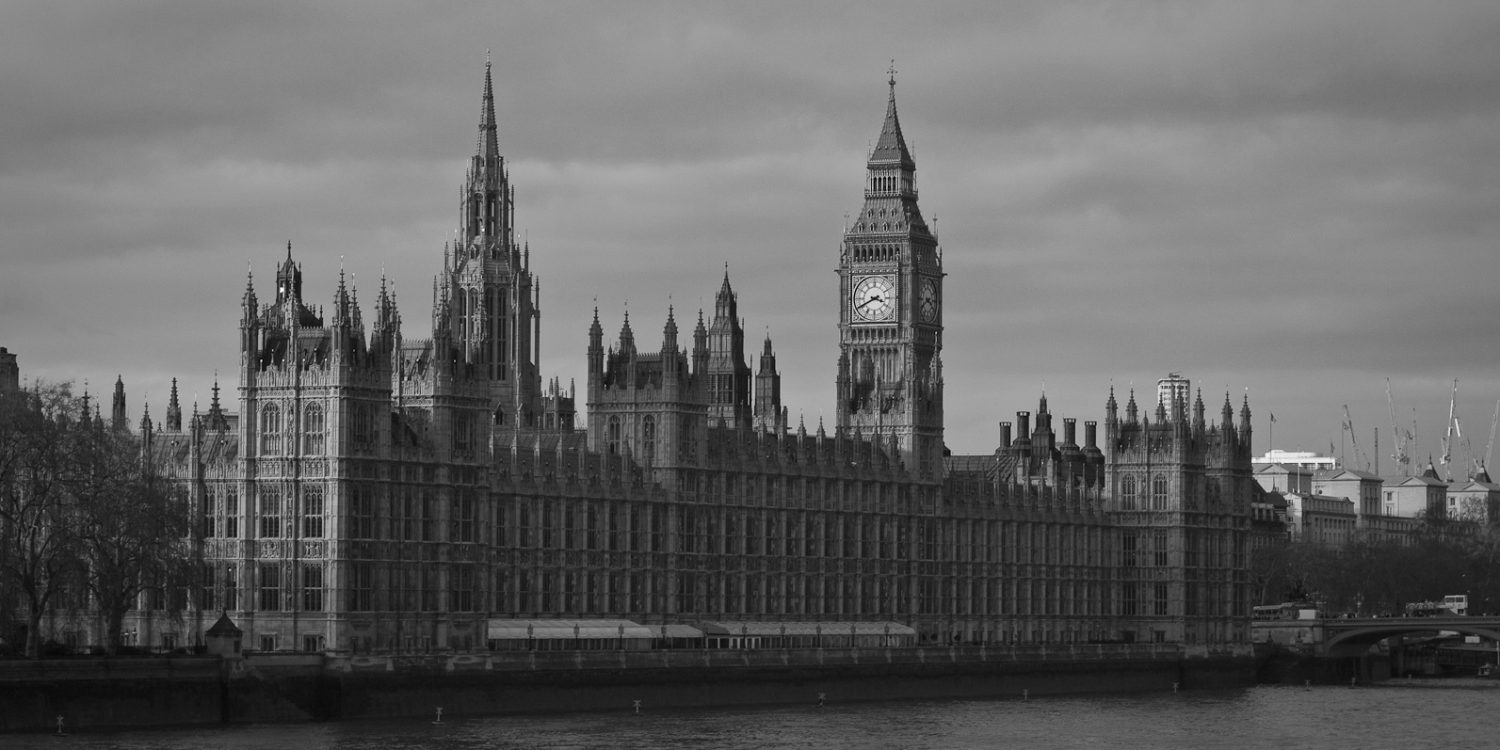Fifteen for 2015: Will Martindale – Running for Battersea
After arriving to meet Will Martindale at the busy Battersea Labour office, it is immediately clear that there is no time for rest or downtime in the final weeks of the general election campaign. Multi-tasking is a pre-requisite for any...
After arriving to meet Will Martindale at the busy Battersea Labour office, it is immediately clear that there is no time for rest or downtime in the final weeks of the general election campaign. Multi-tasking is a pre-requisite for any parliamentary candidate, and true to form Will combines making tea for his volunteers, fielding my questions and caring for his expressive young daughter Aurelie.
Motivated by building a better future for her, Martindale highlights his refusal to accept the stark inequalities of the city and what he sees as a tale of two Londons. After moving to student accommodation near Russell Square in Central London for his studies at Kings College, he immediately noticed the “area of extremes” between the famous residents of Russell Square, and the surrounding area blighted by problems of homelessness, prostitution and drug abuse. He admits that he found the situation “pretty difficult to deal with” and this spurred him along to get involved with politics and Labour. He says these inequalities across the capital have got worse in recent years and highlights that “life expectancies are reported to differ by a decade” between the Northern and Southern sections of his constituency divided by Clapham Junction station.
Given the stark inequalities in his constituency and across the capital, Martindale views housing as a key driver of unfairness and one of his first priorities as MP will be to “improve the deal for renters and to reduce housing costs for private and social tenants.” The combination of high and rising rents, rapidly rising house prices and high levels of mortgage debt means that many people in Battersea are feeling squeezed. Martindale is highly critical of the Coalition’s record on homebuilding and how the slow pace of construction “underserves Londoners in their efforts to rent a good home or get that first step on the property ladder.” Referencing the recent luxury developments on Battersea’s riverfront, Martindale suggests that most people would “need to win the lottery twice to own such properties” and uses this as an example of the government’s failure to build the right type of homes for hard-pressed working families that have seen incomes falling behind the rising cost of living since the financial crisis.
Despite the rising property prices in Battersea and the changing demography of the constituency in recent years, Martindale rejects my assertion that the rising affluence of the area may play into the hands of the Conservatives. However, Martindale is not rooted in naivety and says that “Labour’s plans to create a tolerant, liberal and inclusive society with high quality job opportunities and cohesive communities appeal right across the income scale.”
Drawing comparisons with his rivals, Martindale believes that the Conservatives and Liberal Democrats are too relaxed about unfairness and is determined that “whatever your background or circumstance, you have the opportunities to fulfil your potential.” Given Battersea’s high proportion of young families, he speaks of his desire to create a bipartisan offer and to focus on good quality childcare, more primary school places and better transport links to create a “broad, positive and optimistic offer for all of Battersea.”
Martindale’s comments on childcare were clearly an issue close to home and a brief stop for a mid-interview nappy change for his young daughter didn’t dampen his enthusiasm for telling me about the challenges and opportunities for the area. Speaking of how proud and privileged he was to represent his hometown constituency, he admits that it is often “tough to juggle family commitments, campaigning for Battersea and working full-time for the UNPRI.” For a man that must scarcely have any free time left at the end of the day, Martindale is no stranger to tough challenges and is training hard for the London Marathon in April on behalf of Clapham’s Trinity Hospice. Martindale cites his admiration for the tremendous work of the hospice, the hard-working staff and its strong affinity within the community as motivations for his support and fundraising efforts.
Rallied by the encouraging results from recent polling released by YouGov describing the constituency as “too close to call”, Martindale says that the mood of the team is “confident but not complacent” and is delighted with the positive reception on the doorstep from previously undecided or floating voters. Since his selection as Battersea’s parliamentary candidate in July 2013, Martindale admits that the road to 2015 has drawn parallels with running a marathon and with the finish line now in sight on May 7th; he is ready for the final sprint, “more determined than ever to advocate the case for a fairer and more prosperous Battersea.”
The digital pamphlet ‘Fifteen for 2015′, profiling fifteen of Labour’s new candidates, is available to read online here.

